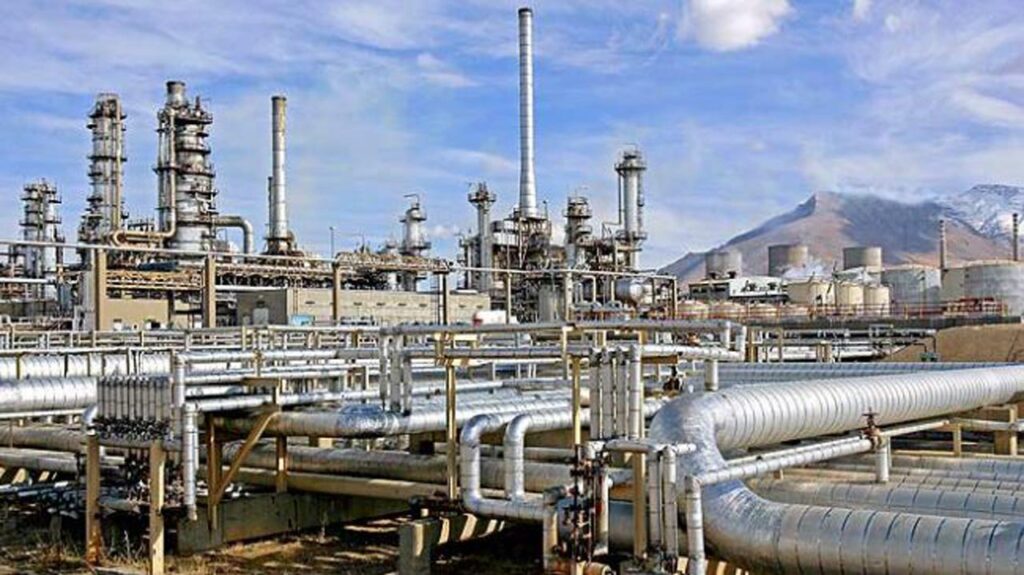By Christopher Okpoko
Recent media reports revealed that the Senate rejected a motion seeking to investigate Nigeria’s moribund refineries despite spending several trillions of naira on their maintenance. The motion which was moved by Senator Karimi Steve (APC, Kogi West) at the plenary prayed: the Senate to: constitute an ad-hoc committee to:
- investigate all contracts awarded for the rehabilitation of all four federal government-owned refineries between 2010 and 2023.
- ascertain the conditions of all the government refineries to prevent any attempt to waste resources, stop any form of corruption
- interrogate authorities in the Ministry of Petroleum Resources and officers of Nigerian National Petroleum Corporation (NNPC) for their role in the failure of the refineries
- stop any form of corruption
- invite the managers of NNPCL and other petrol agencies to present their plans on Green Energy sources in line with the Paris Agreement on Climate Change to the Senate for possible review.
The decision to step down this motion until Ministers have been appointed by President Bola Tinubu is not enough reason, especially when the current hardship being experienced by the people is due to the removal of fuel subsidy and continued importation of fuel, which is due to the failure of the refineries.
The Nigerian National Petroleum Corporation has four refineries: two in Port-Harcourt (PHRC) and one each in Kaduna (KRPC) and Warri (WRPC). The Port Harcourt refineries commissioned in 1965 have a combined refining capacity of 210,000 barrels a day, comprising a 60,000-barrels-a-day plant, and a 150,000-barrels per day plant commissioned in 1989. The Warri refinery was commissioned in 1978 with a refining capacity of 100,000 barrels per day, which was later upgraded to 125,000 barrels.
The Kaduna refinery, in the North West region, was commissioned in1983 with a refining capacity of 110,000 barrels per day. In 1988 it was fitted with a 30,000 tonnes-per-year capacity petrochemical plant that makes chemicals used in detergents
Thus, the four refineries have a total refining capacity of 445,000 barrels per day. These refineries were established to adequately supply and serve needs for Liquefied Petroleum Gas (LPG), Premium Motor Spirit (PMS), Dual Purpose Kerosene (DPK), Automotive Gas Oil (AGO), Low Pour Fuel Oil (LPFO), High Pour Fuel Oil (HPFO) and Aviation Turbine Kerosene (ATK) for both local consumption and exports.
According to Senator Karimi Steve, the Nigerian government had spent N11.35 trillion on the renovation of these refineries from 2010 till date. Also, he stated that the federal government had spent over N6 trillion between 2010 and 2020 on fuel subsidy due to Nigeria’s low refining capacity, and almost twice the amount have also been spent on rehabilitating refineries in Port Harcourt, Kaduna and Warri between the same period under review.
Despite the huge sum that the federal government has expended on both turn-around-maintenance and rehabilitation with little or nothing to show for it, the operating cost of these refineries between 2010 and 2020 is estimated at N4.8 trillion.
In a country where unemployment and underemployment increased to an all-time high of about 56 percent; and about 63 percent or 133 million Nigerians have been pushed into multidimensional poverty- according to report of the National Bureau of Statistics (NBS); the refusal to probe this colossal waste of resources is not acceptable.
Moreover, the same Senate that rejected the motion to probe the failed refineries has set in motion moves to probe oil subsidy under the recovery regime operated by the federal government till May 29, 2023, when the subsidy was eventually removed. They criticized the N9.3 trillion expended on the subsidy regime by the federal government from January 2021 to June 2023, just as it called for the establishment of three functional refineries for local production and distribution of refined petrol, with a view to bringing down the pump price.
The House of Representatives in 2021 resolved to investigate funds spent on the rehabilitation of Nigeria’s refineries. The house alleged that not less than $25 billion has been spent to repair the refineries over the years. And urged the federal government to grant license and provide incentives for the construction of more modular refineries in the country. The outcome of this investigation is still unknown.
The power of oversight is conferred on the National Assembly by the Constitution and it remains one of the main functions of the legislature. Therefore, we urge the National Assembly to probe the failure of the four refineries owned by NNPC to enable it to expose corruption, inefficiency, or waste as well as to correct ills in governance.
Furthermore, the effectiveness of parliament in discharging this all-important function has been a source of concern as governments run with little or no regard for accountability. This is so because the legislature is seen not to be doing enough to the executive in check and to increase accountability in governance.
Finally, the investigation of the refineries is significant at this point in time considering the increasing need for efficiency and accountability in the use of public funds and the public deserves to know.








More Stories
Senate Drama: Akpabio vs. Natasha and the Lessons for Nigeria
What if Farotimi’s allegations are not false
Governor Otti unveils new era of development for Ohafia with landmark bill signing